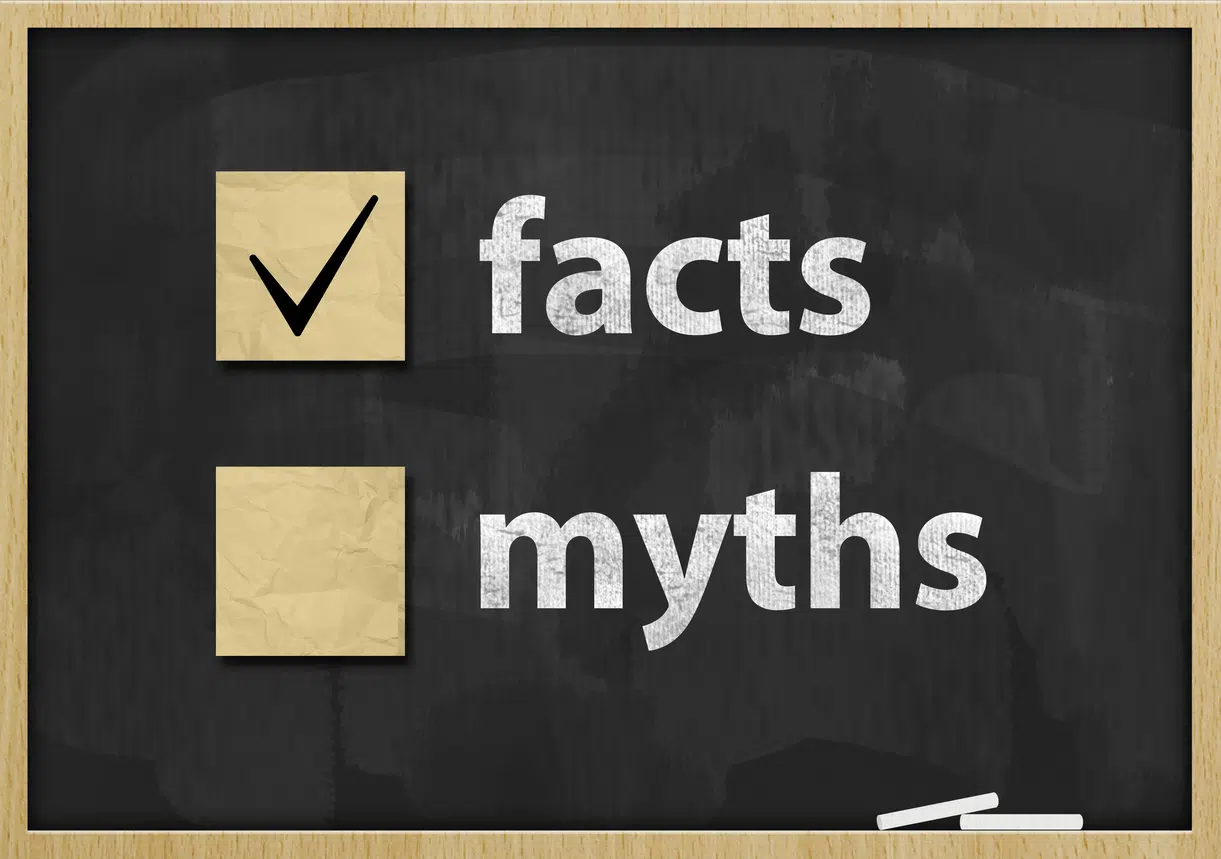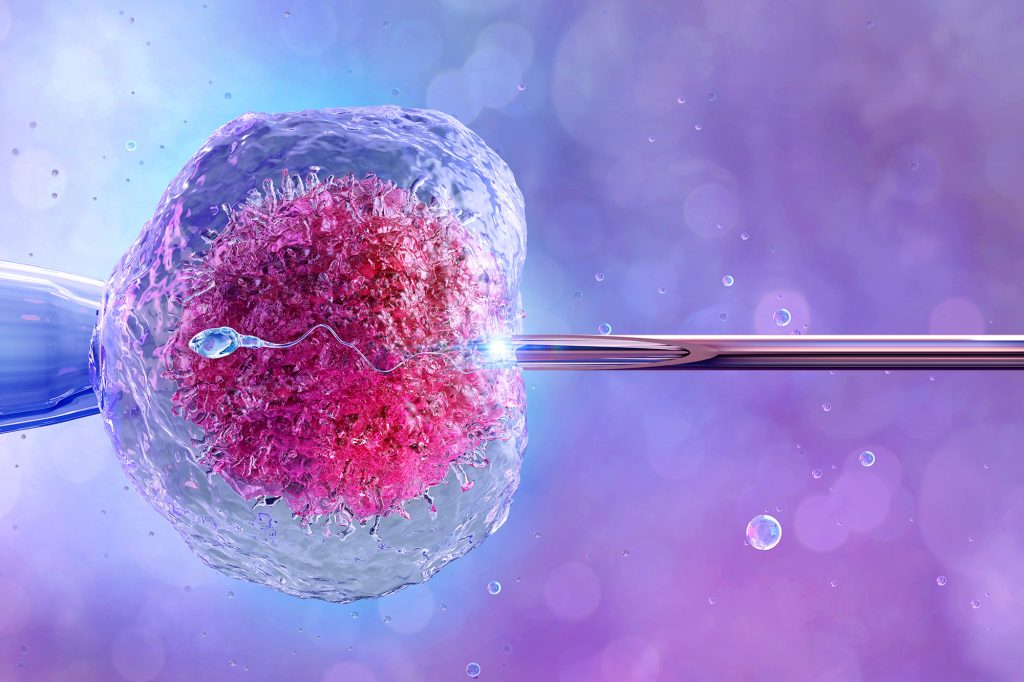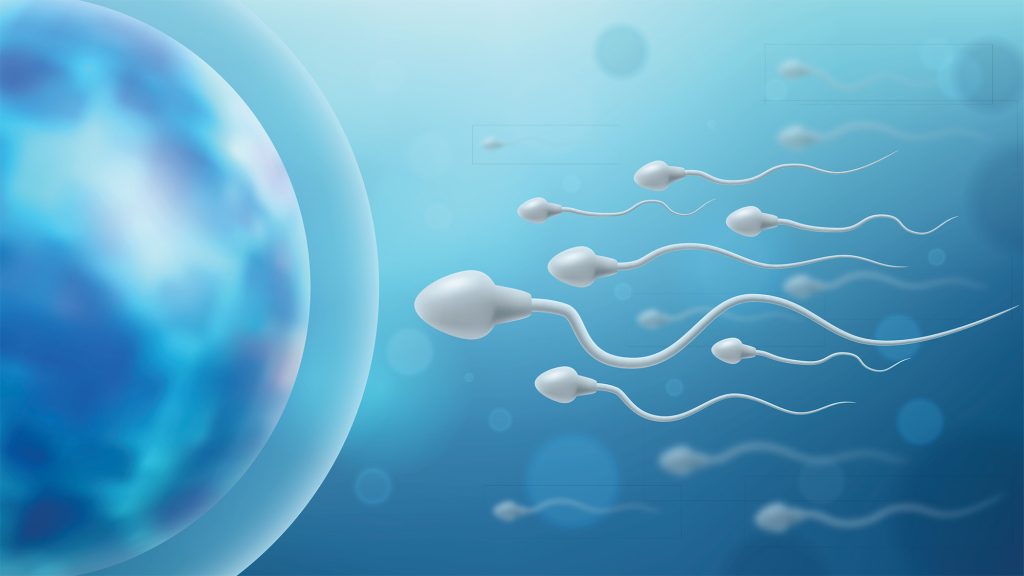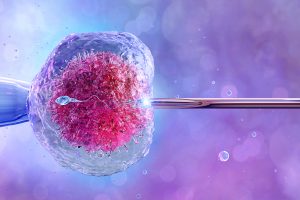Table of Contents
Alright, boys, it’s time to talk about the big V! Maybe you’ve had all the kids you want to have, or maybe you’re crystal clear on never wanting any at all. Either way, you’ve been thinking about committing to firing blanks. So what’s holding you back?
Well, if you’re anything like most men, it’s probably the fear of what’s going to happen to your junk once your vasectomist is done. What will sex look like once they’re done with your Frank n Beans?! There are a lot of myths that involve words like “emasculation” and “eunuch”, that make us imagine some kind of sad, fat potato person that we’ll turn into if we have one. We picture without sex life or sex appeal any more. Turns out though that these are some truly big whoppers, because here’s the truth about getting a vasectomy…
Myth 1: It’s the same as neutering your pet
There are not exactly a lot of public conversations about vasectomies, so unless you go looking for the info you’re kind of in the dark. In fact, most people seem to think getting a vasectomy is kinda like what happened to Rover as a puppy when you took him to the vet.
“Vasectomy” evokes images of forever dry humping the couch once your cone of shame has been taken off, and that’s the only sex you’ll ever see again. But there’s a big difference between you and Fido; a veterinarian will castrate or neuter your dog which will make him sterile by more or less removing his testicles. A vasectomy is a surgical procedure that delicately redirects some of your plumbing, internally. You won’t look any different, you won’t feel any different. No ball removal is required. No cone of shame is needed.
Myth 2: Your penis won’t work
Wrong again, mate. You see a vasectomy doesn’t go near your penis (except for when your doctor considerately holds it out of the way). The snip is all about your balls and these little tubes inside them call “vas deferens”. When you have sex or masturbate and achieve orgasm, what comes out is your ejaculate; it’s made up of 97% semen and 3% sperm. Think of your semen as a P&O cruise vessel for your sperm; it keeps the sperm fed, protected and safe as it makes the journey across rough seas to an egg. After a vasectomy your semen becomes a ghost ship; it’s still cruising around but there are no passengers on board to get anyone pregnant.
So what does this mean? It means that your erections are going to be exactly the same. The sensitivity of your penis during sex will be the same. It means your orgasm and your ability to orgasm during sex or masturbation will be unchanged. The only difference is that now your orgasm can’t get anyone pregnant!
Myth 3: It will ruin your sex life
It’s not true, the Germans checked it out and it turns out that “sexual satisfaction improved for the sterilized men”. Which I assume is German for “men who get a vasectomy have a bloody good time”.
But wait, that’s not all…
Not only does your sex life get better, you also have more of it! According to the Journal of Sexual Medicine “men who have undergone vasectomy have sex more frequently than their non-vasectomized counterparts.”
Myth 4: It’ll hurt the bejeezus out of your crown jewels
Let’s be honest, the idea of a stranger in scrubs poking about your family jewels is enough to make the most self-assured bloke break out in a cold sweat. And since most of us spend our lives trying to avoid any kind of direct assault on our testicles, getting a vasectomy seems to fly in the face of logic.
Here’s the thing though; assuming your vasectomist is trained in the latest techniques most people who get it done report feeling zero pain. I mean, let’s be honest, the people who do vasectomies aren’t exactly rodeo clowns, they’ve probably been studying balls for longer than yours have been descended for; they know what they’re doing.
Here’s the thing though, they’re not even playing around with your balls, not really. Your vasectomist in Adelaide is going to be focusing his attention on your vas deferens and your “scrotal skin”. Basically, he’s going to be fiddling about with the wrapping paper but not the present inside. This means when you’re recovering afterwards you’ll feel some mild aching, but it’s nothing like copping a blow to the balls.
A vasectomy is normally done under local anaesthetic, so the only pain you have to worry about is the needle going in, and your vasectomist is going to make sure that you feel that as little as possible (almost half of all MSI Australia patients report feeling no pain at all). Once that kicks in, it’s kind of like having someone brushing your teeth after novocaine; you’ll be aware that something’s happening but you’re not really going to feel it.
Once the local wears off you’re going to notice though; which is basically a great excuse to rest up on the couch for a couple of days and catch up on the rugby. Throw back a couple of paracetamol and get intimate with your frozen peas and you’ll be feeling frisky again in no time.
Right, so let’s review shall we? A vasectomy means you can’t get anyone pregnant, all your tackle is still intact, and you’ll be having better sex more often. What are we waiting for? Get one yesterday!

























